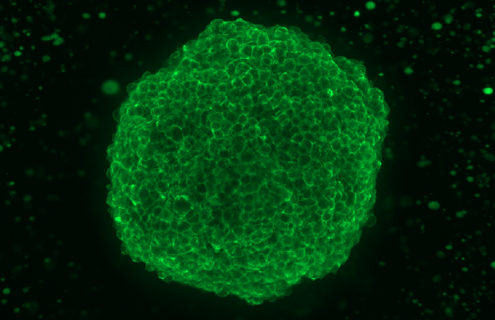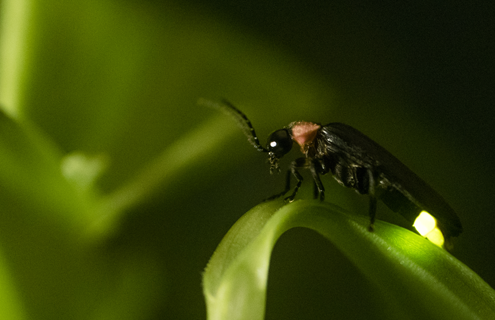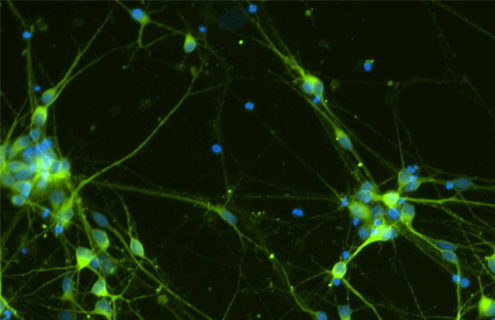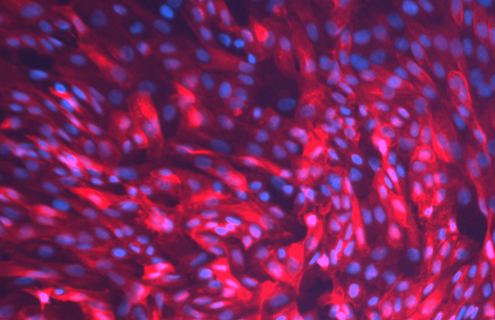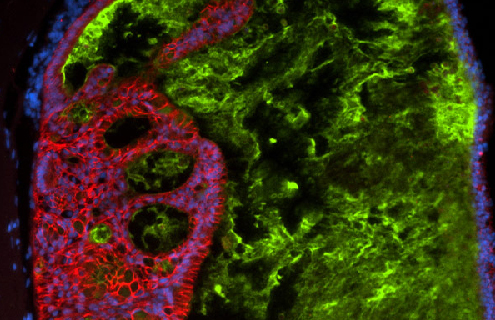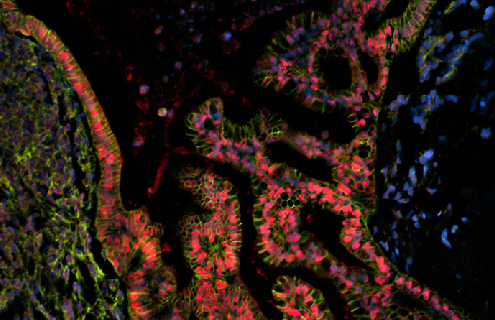Cell Models

Scientists rely on a wide array of cells and organisms as experimental models for research
In vitro human cell line models have been widely used for applications such as toxicology, immunology, and cancer pharmacogenomic studies to predict therapeutic efficacy and to identify novel mechanisms associated with variation in drug response. ATCC advanced cell models such as luciferase-labeled cells, isogenic cells, neural progenitor cells, solute transporter carrier cells, and next-generation cell models will ensure your research results are reproducible and verifiable.
Read More





